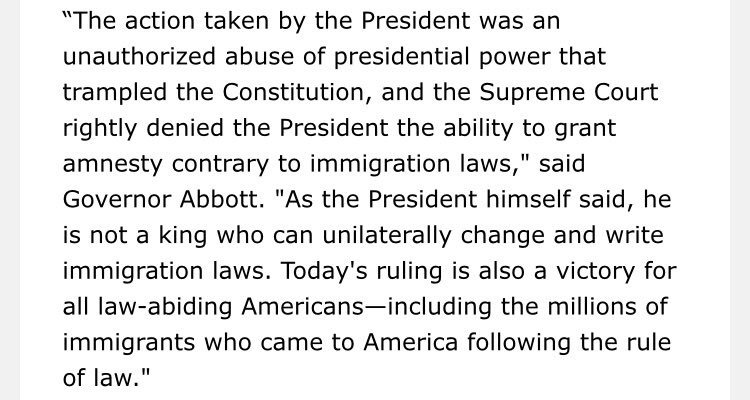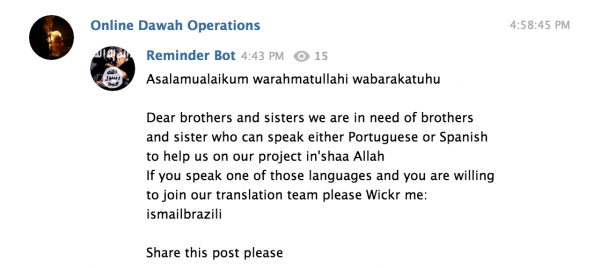Hey, Obama was are the cost benefits and where is this a part of law? Further, who is watching this and who is challenging the postings? Are they really legal in the first place?
Revealed: President Obama’s 229 Major Regulations Cost $108 Billion Each Year
NationalInterest: The Obama administration is responsible for thousands of new regulations—including a historic number of major regulations. As the costs of these regulations add up, they place more of a burden on economic freedom in America.
In 2015, 43 new major regulations went into effect, increasing regulatory costs by more than $22 billion, according to the latest “Red Tape Rising” study from The Heritage Foundation.
Since President Barack Obama took office in 2009, 229 new major regulations have increased regulatory burdens by $108 billion annually. But it doesn’t stop there. As the administration tries to push its agenda before the end of Obama’s term, 144 more major regulations are already in the works.
Among the biggest culprits are the Environmental Protection Agency, the Department of Transportation, and the Department of Energy. Although Congress funds these bureaucratic agencies, the rules they impose do not typically need congressional approval. Some independent agencies, like the Federal Communication Commission, are not even required to perform analyses to determine if their regulations will be cost-effective.
Not only do regulations cost American families and businesses more money, they have a damaging effect on economic freedom.
The Index of Economic Freedom, published annually by The Heritage Foundation, shows a decrease in economic freedom in the United States for eight of the last nine years. To make matters worse, since 2010, the U.S. has been stuck in the “mostly free” category, due in large part to falling scores related to business and labor regulation. In just one year, U.S. scores for business freedom and labor freedom have dropped by 4.1 points and 7.1 points, respectively.
Heritage Foundation researchers James Gattuso and Diane Katz have argued that “the unparalleled increase in regulatory burden spells a decline in economic freedom and individual liberty.”
All that red tape is piling up and Congress needs to take immediate action to prevent further growth in the regulatory burden and to restore economic freedom in the U.S.
**** Additional information for context:
Regulatory Federal Agencies
Agencies, like the FDA, EPA, OSHA and at least 50 others, are called “regulatory” agencies, because they are empowered to create and enforce rules – regulations – that carry the full force of a law. Individuals, businesses, and private and public organizations can be fined, sanctioned, forced to close, and even jailed for violating federal regulations.The oldest Federal regulatory agency still in existence is the Office of the Comptroller of the Currency, established in 1863 to charter and regulate national banks.
The Federal Rulemaking Process
The process of creating and enacting federal regulations is generally referred to as the “rulemaking” process.First, Congress passes a law designed to address a social or economic need or problem. The appropriate regulatory agency then creates regulations necessary to implement the law. For example, the Food and Drug Administration creates its regulations under the authority of the Food Drug and Cosmetics Act, the Controlled Substances Act and several other acts created by Congress over the years. Acts such as these are known as “enabling legislation,” because the literally enable the regulatory agencies to create the regulations required to administer enforce them.
The “Rules” of Rulemaking
Regulatory agencies create regulations according to rules and processes defined by another law known as the Administration Procedure Act (APA).The APA defines a “rule” or “regulation” as…
“[T]he whole or a part of an agency statement of general or particular applicability and future effect designed to implement, interpret, or prescribe law or policy or describing the organization, procedure, or practice requirements of an agency.
The APA defines “rulemaking” as…
“[A]gency action which regulates the future conduct of either groups of persons or a single person; it is essentially legislative in nature, not only because it operates in the future but because it is primarily concerned with policy considerations.”
Under the APA, the agencies must publish all proposed new regulations in the Federal Register at least 30 days before they take effect, and they must provide a way for interested parties to comment, offer amendments, or to object to the regulation.
Some regulations require only publication and an opportunity for comments to become effective. Others require publication and one or more formal public hearings. The enabling legislations states which process is to be used in creating the regulations. Regulations requiring hearings can take several months to become final.
New regulations or amendments to existing regulations are known as “proposed rules.” Notices of public hearings or requests for comments on proposed rules are published in the Federal Register, on the Web sites of the regulatory agencies and in many newspapers and other publications. The notices will include information on how to submit comments, or participate in public hearings on the proposed rule.
Once a regulation takes effect, it becomes a “final rule” and is printed in the Federal Register, the Code of Federal Regulations (CFR) and usually posted on the Web site of the regulatory agency. Keep reading here.


